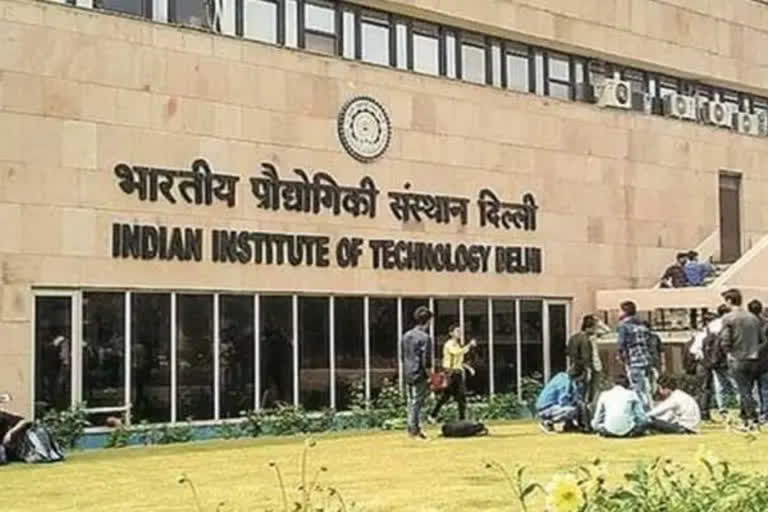New Delhi: Researchers at the Indian Institute of Technology (IIT) Delhi are working on a new vaccine for COVID-19 which will minimise chances of blood clotting, observed in some individuals after inoculation with the currently approved vaccines, officials said on Thursday. They said the "next-generation" vaccine is currently in the animal trials phase.
"Since the onset of the COVID-19 outbreak, scientists from around the world have been studying the disease and its epidemiology to develop effective vaccines," said Jayanta Bhattacharyya, professor at the Centre for Biomedical Engineering, IIT Delhi. "The development of a vaccine that can overcome disadvantages, including the stability of the materials used, limited immune response, and side-effects like blood clotting, and provide a durable immune response will offer better protection from the deadly COVID-19 virus," he said.
Covishield and Covaxin are among the COVID-19 vaccines majorly used in India. The Union Health Ministry last month refuted reports claiming admission of 'multiple side-effects of COVID-19 vaccines' by the Indian Council of Medical Research and the Central Drugs Standard Control Organisation as ill-informed and erroneous.
According to Bhattacharyya, unlike the current vaccines, which use synthetic materials or adenovirus to package and deliver antigens, the IIT Delhi researchers used the body's own immune cells in developing a nano-vaccine. "This naturally derived nano-vaccine developed by the researchers could have several advantages over currently approved vaccines. It will minimise the chance of blood clotting, which was otherwise observed in vaccinated individuals. Generally, after vaccination, the antigens are processed by the antigen-presenting cells (APCs), which eventually activate other immune cells (B and T cells) to generate the antibodies and eliminate the virus.
"However, this next-generation vaccine is one step ahead as it uses the nanovesicles derived from activated APCs, which already contain processed antigens on their surface and are also equipped with other factors required for the direct activation of B and T cells," the professor said.
He said a study titled "SARS-CoV-2 Spike Protein-Activated Dendritic Cell-Derived Extracellular Vesicles Induce Antiviral Immunity in Mice" was carried out to this effect in collaboration with the Regional Centre for Biotechnology, Faridabad. It was recently published in ACS Biomaterials Science and Engineering. "The immune response elicited by this vaccine was tested in mice. The results showed that it generated antibodies against the COVID-19 virus and was more effective as compared to free antigen. In fact, when injected with a 10-time lower dose compared to the free antigen, the nano-vaccine was equally efficient in raising antiviral immunity.
"Interestingly, it showed a durable immune response, including the generation of memory cells, which can act as a safeguard for the next infection. This approach to vaccination can be used for various other infectious diseases, such as dengue," the professor added. (PTI)
(This story has not been edited by ETV bharat staff and is published from a syndicated feed.)



